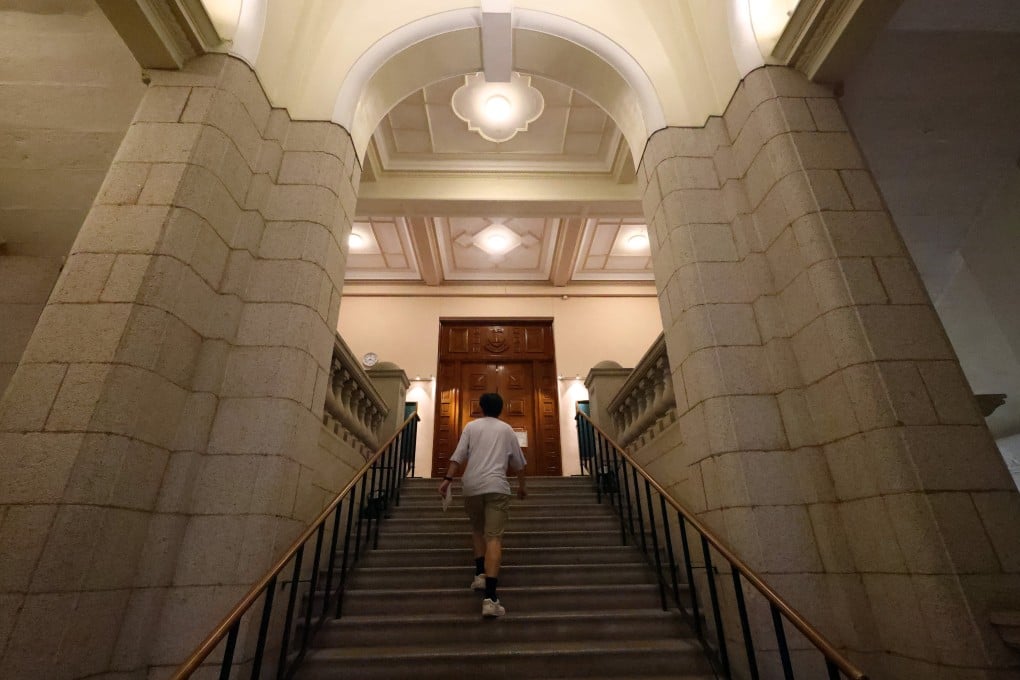Editorial | Student scams also cost reputation of Hong Kong as an education hub
Those who come to Hong Kong universities to learn do not expect to lose millions to fraud, and no effort must be spared to protect them

Many mainland students see entrance to higher education institutions in Hong Kong as a springboard for career advancement. Yet they also become easy prey for scammers taking advantage of their backgrounds, the latest two cases involving students swindled out of a total of HK$11 million (US$1.4 million) by fraudsters posing as law enforcers.
Authorities on both sides of the border must explore ways to better protect the vulnerable.
The two University of Hong Kong (HKU) students are not the only victims of phone scams, which have become increasingly sophisticated in recent years. According to the Centre of Development and Resources for Students at HKU, more than 60 students have fallen prey to tricksters in recent months, resulting in losses of over HK$60 million.
City University of Hong Kong has also confirmed more than 30 cases of its students being scammed, involving some HK$15 million.

Police figures reveal the number of university students scammed by those posing as government officials or law enforcement personnel rose from a monthly average of 24 between July and September last year to 91 in October. The surge is worrying and underlines the vulnerability of the student community.

